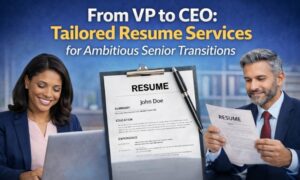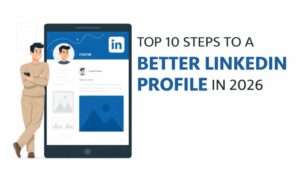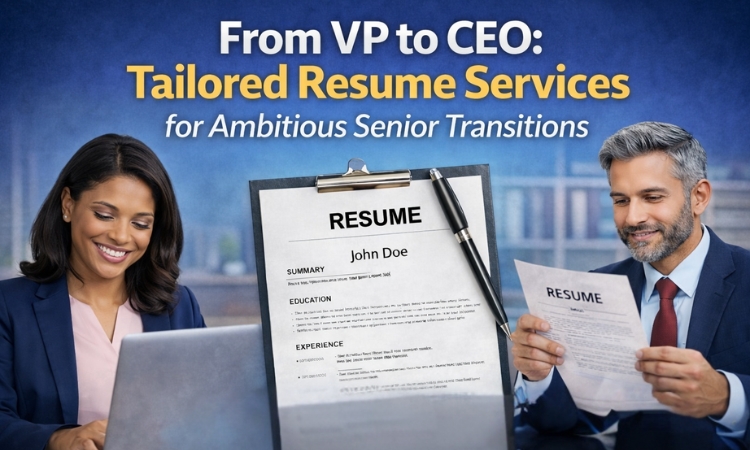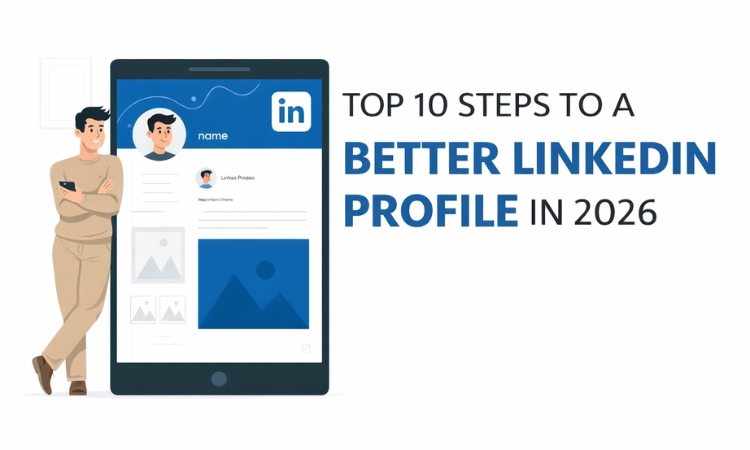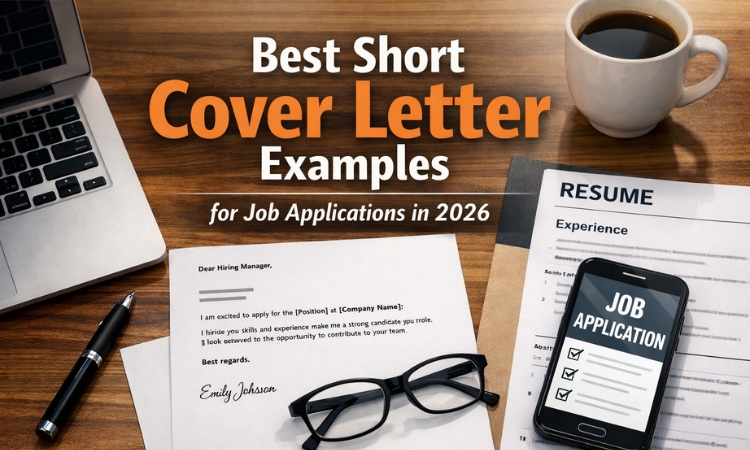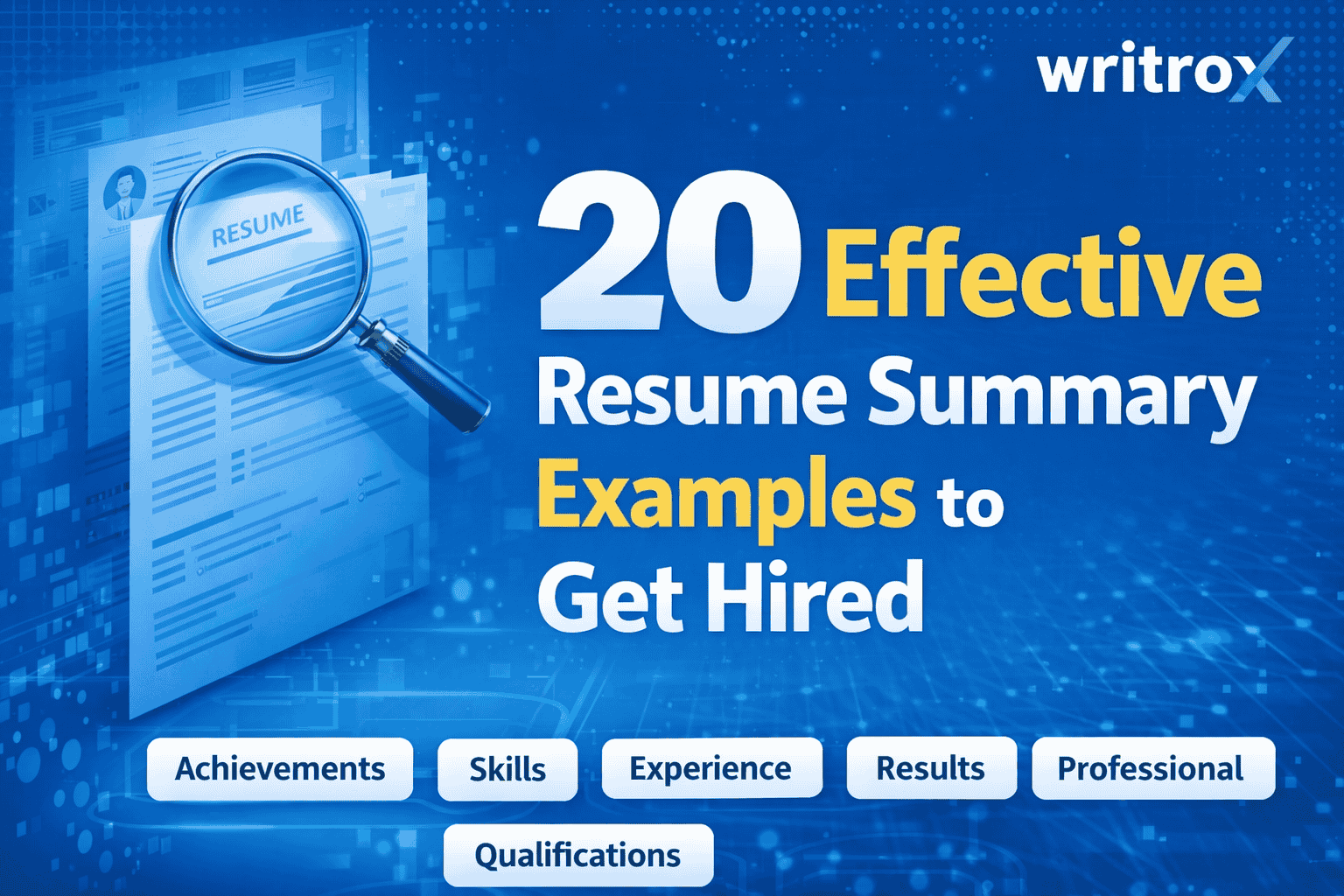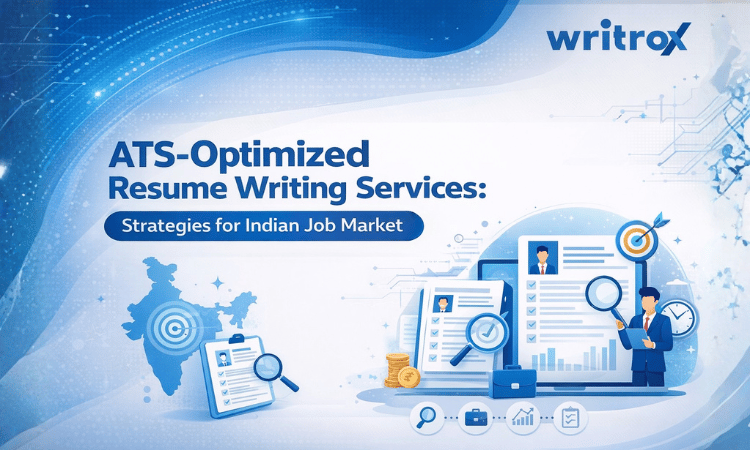With a competitive job market today both LinkedIn and resume are important assets in your job search. A good résumé gets you interviews, and a well-designed LinkedIn profile puts your name in front of recruiters and hiring managers.
Most recruiters don’t just take resumes at face value they also look at candidates’ LinkedIn profiles to check the facts, evaluate credibility, and gain a fuller picture of their professional history. Inconsistent LinkedIn profiles and resumes can raise red flags around you as an authentic and credible candidate and leave you out of valuable job opportunities.
Having a consistent and optimized presence on both platforms will enhance your chances of being hired. Let’s delve into the features of each and how to align your LinkedIn and Resume for maximum impact.
Need expert help with LinkedIn Profile Optimization? Get started today and make your profile stand out!
Key Differences Between LinkedIn and Resume
1. Make Sure That Job Titles & Dates Match
When you’re applying for jobs, recruiters compare your redacted resume (and each resume you submit should be redacted) with your LinkedIn, which means you need to have the same job titles, company names, and employment dates.
If you held a few different roles at the same company, ensure they are structured in the same way on both platforms, so it doesn’t cause confusion.
2. Optimize for Keywords
And it’s even more frustrating for recruiters when resumes don’t make it to their hands because Applicant Tracking Systems (ATS) are not optimized.
Research key industry-specific keywords and use these naturally in your resume and LinkedIn profile.
For instance, if you were going for a Digital Marketing Manager role, use keywords such as leaves SEO, PPC, content marketing, and analytics.
3. Expand Work Experience on LinkedIn
Key accomplishments, however, should be kept concise in resumes. There is more room on LinkedIn for projects, case studies, and achievement explanations. You may also add media files, links to articles, or samples of your work.
4. Align Skills & Endorsements
Your Skills section on your resume should be the same as the skills for your LinkedIn.
Try to collect endorsements to your competence both from partners and previous employer to raise credibility. Focus on the 10-15 skills that are most closely related to your field and target jobs.
How to Align Your Resume with Your LinkedIn Profile
1. Job Title & Date Consistency
Consistency between your job titles and employment dates both on your resume and LinkedIn is critical to building a credible professional image. Recruiters and hiring managers frequently compare both against each other to validate your experience, and if there are inconsistencies, it raises questions about your reliability. People find it easier to compare job titles that match exactly. Likewise, your employment dates must match on both to avoid confusion about the chronology of your career.
2. Keyword Optimization
Ultimately, keyword optimization is necessary to get both your resume and LinkedIn profile in front of recruiters and hiring managers. This is due to the fact that so many companies are using Applicant Tracking Systems (ATS) to filter resumes, and using keywords relevant to industry will bump up your chances of coming through these automated screenings. Just like Google, LinkedIn’s search algorithms prioritize profiles that contain relevant keywords, so this information makes a recruiter’s job a little easier.
3. Skill Alignment
This will help recruiters cross-check your skills, ensuring your resume and LinkedIn profile are aligned and you say they expertise you have. These skills should match your Skills & Endorsements section on LinkedIn, making sure your most relevant industry skills are shareable between sites. This both substantiates your qualification and enhances your professional brand.
Common Mistakes to Avoid:
- Job Title Discrepancies: Make sure your job titles are the same on both your resume and LinkedIn profile for consistency and credibility.
- Outdated Information: You have to update your resume and LinkedIn profile with your recent experience, skills and achievements. Having old information makes you look stale or irrelevant.
- Not using industry-specific keywords: It can lead to Applicant Tracking Systems (ATS) and recruiters not seeing your resume and LinkedIn profile. Include relevant keywords throughout both naturally.
- Inconsistent job dates: Your job dates need to be identical on both platforms. Inconsistent dates can not only be confusing but will call into question your career timeline and experience.
- Inconsistent LinkedIn Profile: An inconsistent or incomplete LinkedIn profile can come across as unengaged or unprofessional. Sometimes, it is better to remain active by posting updates, commenting on the posts, and engaging with the audience.
Conclusion
Finding a consistency between your resume and your LinkedIn profile is key in establishing a brand that is professional and attracts attention of recruiters. Focusing on job title consistency, keyword optimization, skill alignment, and common mistakes to avoid will help you stand out in an increasingly competitive job market.
Writrox can help you revamp your resume and LinkedIn so you can put your best foot forward. We’ll craft a strong, well-aligned profile that improves your chances of landing your dream job. Get started today with our professional resume writing services in India!




